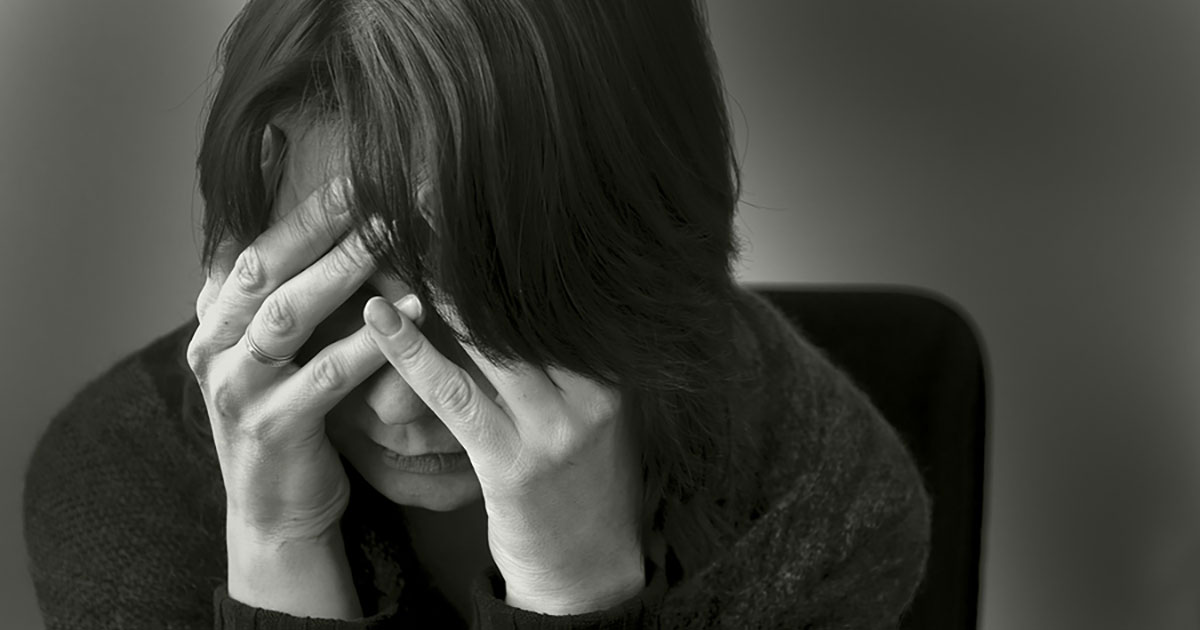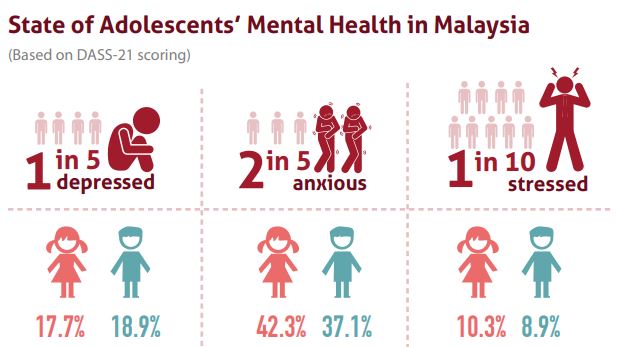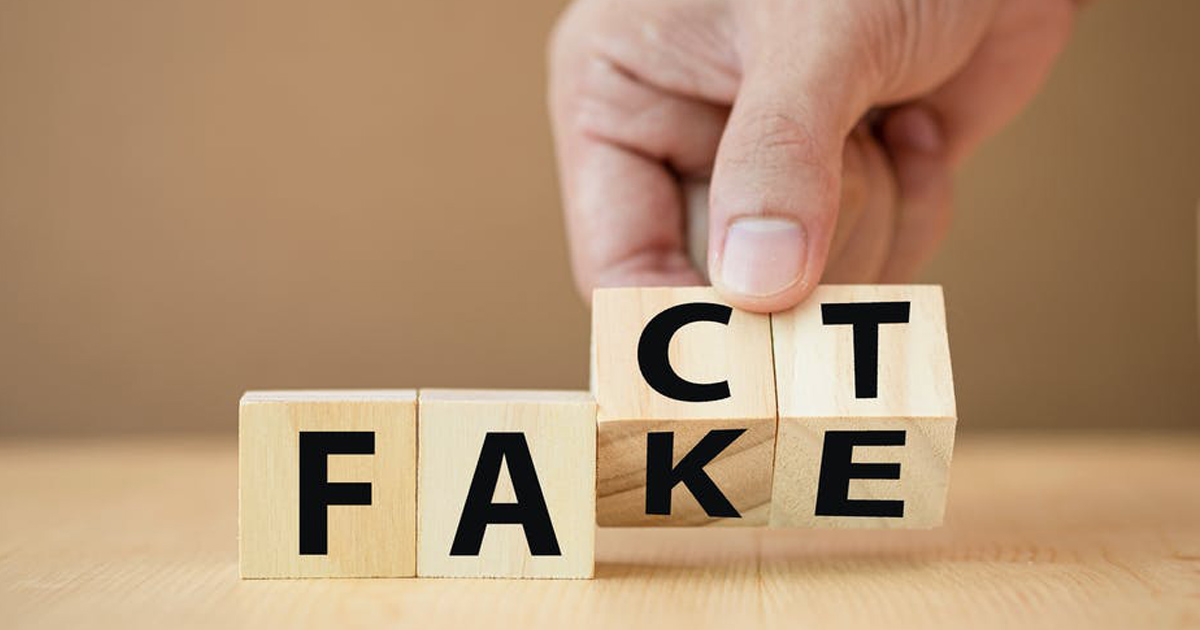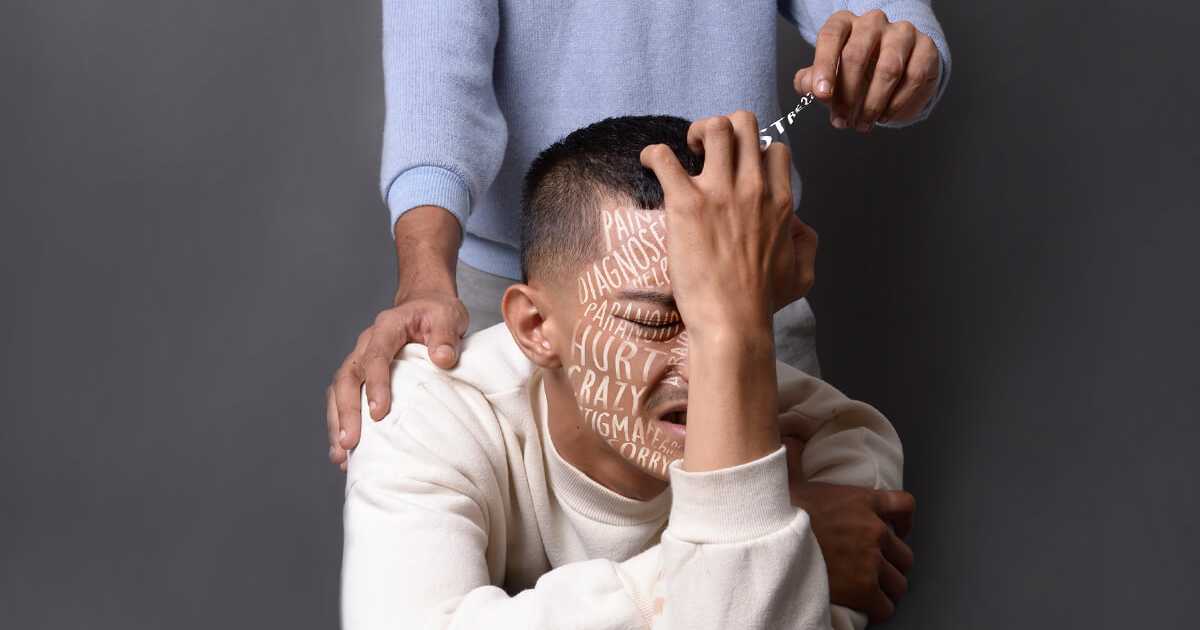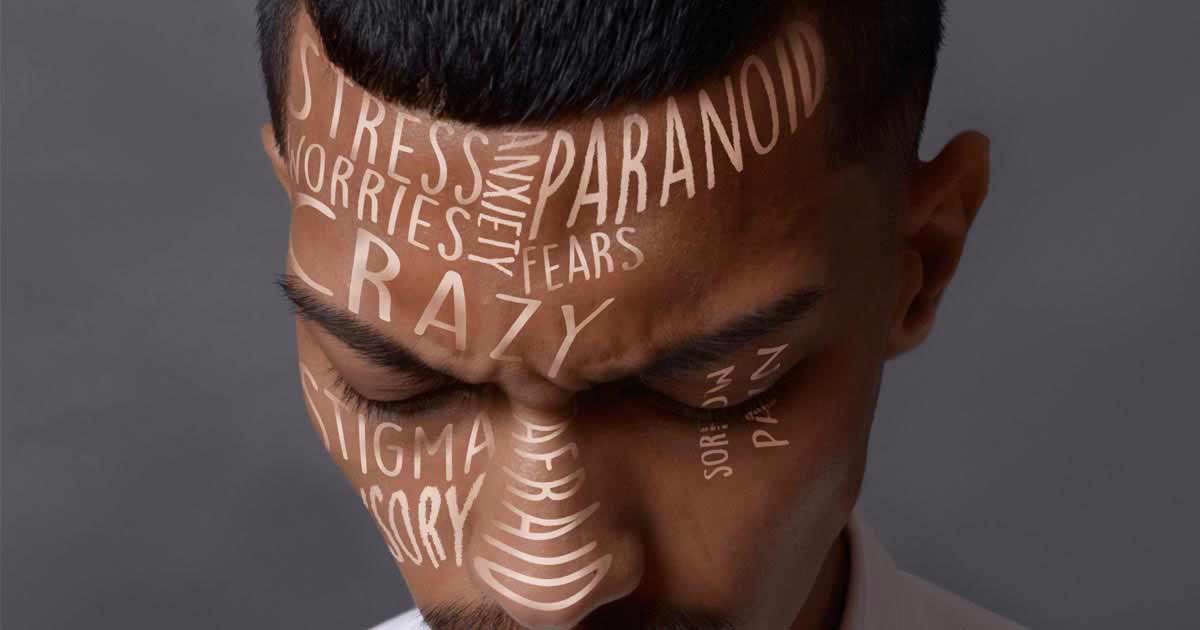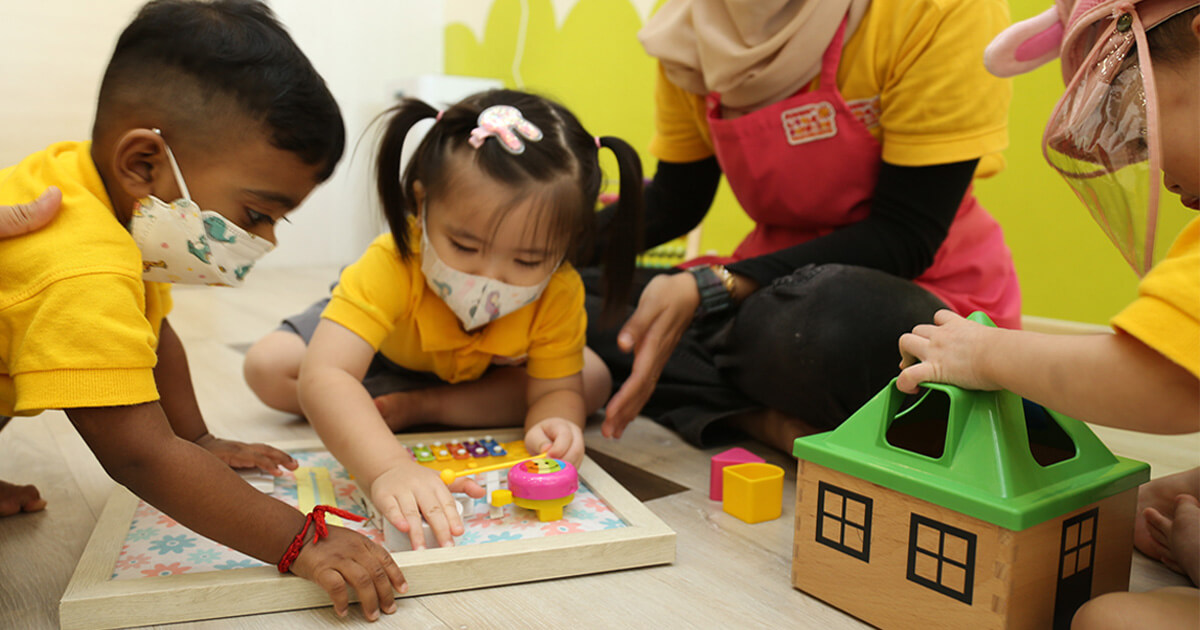Five Mental Health Myths You Need to Stop Believing
-
You’ve heard them before – ‘Depression is a choice,’ ‘People with mental health issues should snap out of it’, ‘Only teenage girls self-harm’.
“All of us go through bad times at some point in our lives, and that’s a very normal part of life. But when our defences start failing, that’s when we start becoming susceptible to mental health issues,” pointed clinical psychologist Dr Joel Low.
According to the 2015 National Health Morbidity Survey, 29% of Malaysians suffer from depression and anxiety disorder. Despite this, there is still a great deal of stigma attached to mental health – making it harder for those who suffer from mental illness to recover.
It’s time to educate ourselves and others about mental health. So, the next time you hear someone spreading the myths, you can correct them with facts.
Myth: Mental health problems don’t affect me
Fact: In Malaysia, 1 in 3 people suffer from a mental health problem or are at risk of developing one.
(Source: The National Health and Morbidity Survey 2015)
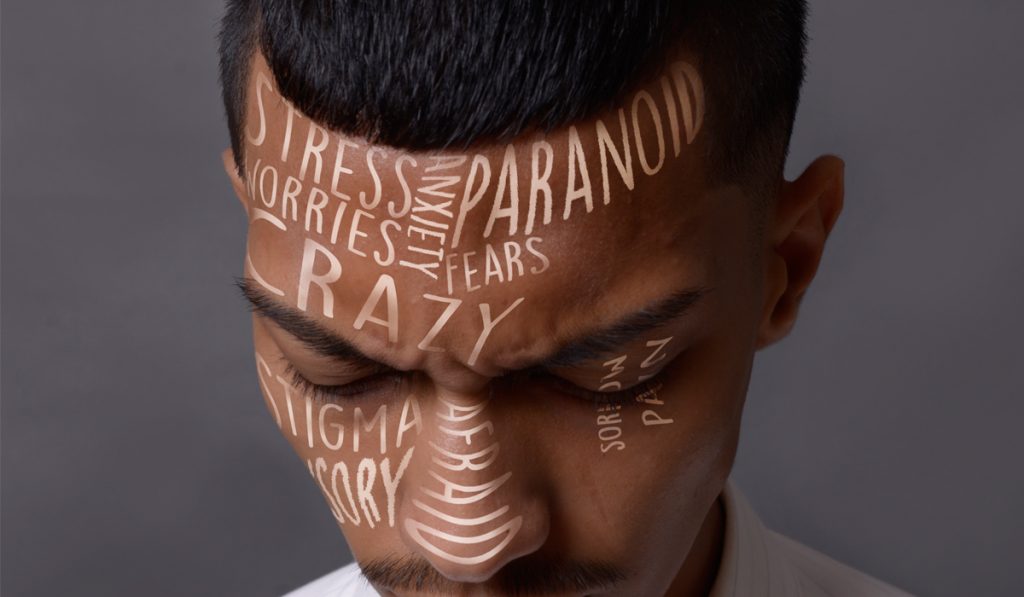
Myth: Children and teenagers don’t experience mental health problems
Facts:
- Half of all mental health disorders show first signs before a person turns 14 years old
- 75% of mental health disorders begin before the age of 24
- In Malaysia, one out of five adolescents experience depression, two out of five have anxiety, 11% had suicidal thoughts and 10% had attempted suicide.
Myth: People with mental health problems are violent and unpredictable
Fact: People with severe mental illnesses are over 10 times more likely to be victims of violent crime than the general population.
Myth: Personality weakness or character flaws cause mental health problems
Facts:Many factors contribute to mental health problems, including:
- Biological factors
- Life experiences
- Family history
Myth: Therapy and self-help are a waste of time. Why bother when you can just take a pill?
Fact: Treatment for mental health problems varies depending on the individual and could include medication, therapy, or both. Many individuals work with a support system during the healing and recovery process.
Source: US Department of Health & Human Services
Help someone to get treatment and services they need:

Source: The Lund Report
- Reach out and let them know you are available to help
- Help them access mental health services
- Practise active listening and empathy
- Refuse to define them by their diagnosis or using labels such as “crazy”
Let’s not wait until the milk is spilled before we start doing something about it.
This article first appeared in Berita Sunway Issue 65












